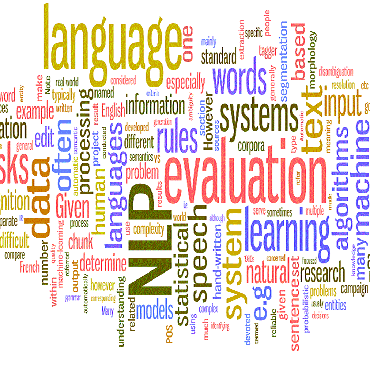Neural language model-based approaches to automated story generation suffer from two important limitations. First, language model-based story generators generally do not work toward a given goal or ending. Second, they often lose coherence as the story gets longer. We propose a novel approach to automated story generation that treats the problem as one of generative question-answering. Our proposed story generation system starts with sentences encapsulating the final event of the story. The system then iteratively (1) analyzes the text describing the most recent event, (2) generates a question about "why" a character is doing the thing they are doing in the event, and then (3) attempts to generate another, preceding event that answers this question.
翻译:以神经语言模式为基础的自动故事生成模式方法有两个重要的局限性。 首先,基于语言模式的故事生成器一般不会达到一个特定的目标或结束。 其次,随着故事的延长,它们往往会失去一致性。 我们提出了一种新颖的自动故事生成方法,将这一问题作为基因质解答的问题处理。 我们所提议的故事生成系统从包含故事最终事件的句子开始。 系统随后迭代:(1) 分析描述最近事件的文本,(2) 产生一个“为什么”字符正在做他们当时正在做的事情的问题,(3) 试图产生另一个问题之前的事件。



